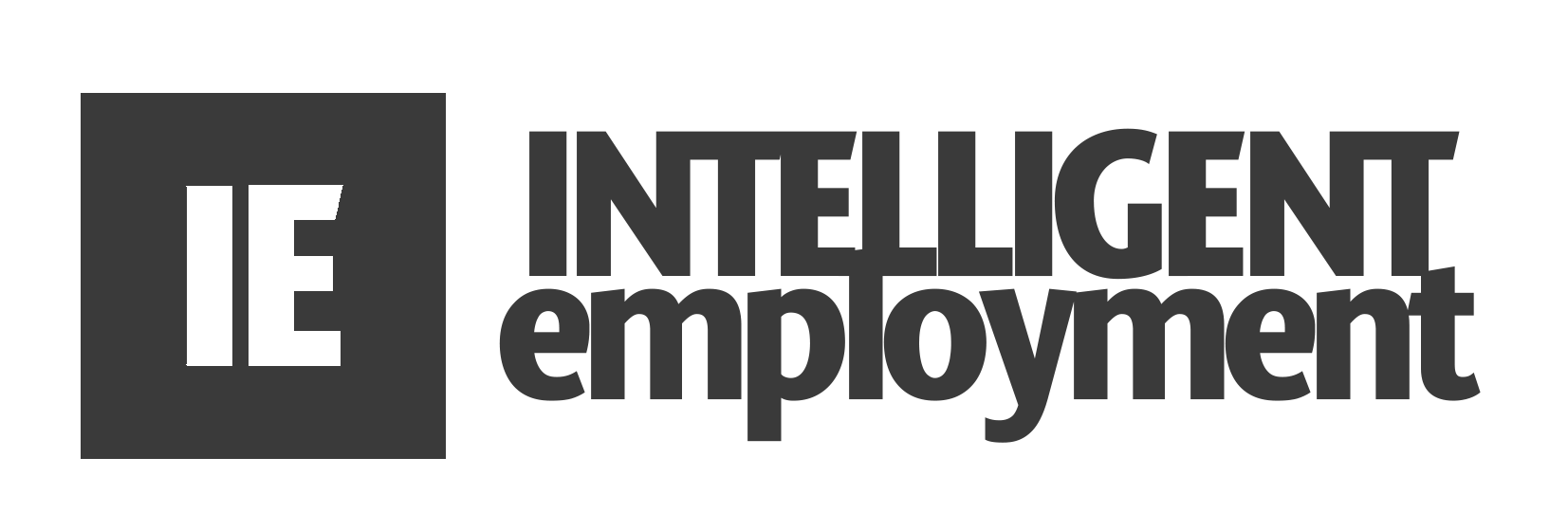The Stress Of Recruitment – The Underestimated Challenge in 2024
As we navigate an increasingly complex global landscape, organisations are under pressure to drive innovation in response to rapid changes. From economic instability and geopolitical tensions to the ever-present call to address climate change, the demand for emerging technologies and energy solutions has only grown. Nowhere is this more evident than in the energy sector, where companies are embracing new frontiers—be it renewable energy, hydrogen, carbon capture, or energy storage. These advancements hold enormous potential, but they also come with a host of unique recruitment challenges.
The WindEurope Annual Event 2024 highlighted key challenges in the wind energy sector, such as ongoing supply chain constraints, regulatory bottlenecks, and the pressing need for expanded grid infrastructure. Similar challenges resonate across the broader cleantech and EV industries, where advancements in battery storage and energy efficiency are essential to meeting demand. With the electrification of transport and the rise of energy storage solutions, companies are facing a surge in demand for specialised talent—particularly in roles related to battery technology, grid modernisation, and sustainable energy solutions. These challenges reveal a complex recruitment landscape, where filling specialised positions is crucial to driving growth in the renewable and cleantech sectors.
This article highlights how the stress of meeting hiring goals can be a hidden obstacle to be mindful of in your expansion strategy.

The Hidden Pressure of Recruitment for Emerging Technologies and Energy Companies
Hiring for these emerging sectors isn’t simply about headcount; it’s about finding highly skilled individuals capable of driving progress in pioneering fields. For instance, hydrogen technology, artificial intelligence in grid management, or advanced battery systems require niche expertise. Each unfilled position is a missed opportunity, delaying projects and hampering growth. The resulting stress often spills over from recruitment teams to departmental heads, who find themselves juggling their primary responsibilities with the additional weight of hiring pressures.
The Domino Effect
Every delayed hire creates a ripple effect across project timelines, training schedules, and market expansion goals. In sectors driven by innovation, missed hires or slow recruitment can derail timelines for technology implementation, making companies vulnerable to financial losses and competitive disadvantages. This domino effect places undue pressure on managers and departments, highlighting how critical each role is within these high-stakes industries.
The Ripple Effect on Company Culture
Beyond operational delays, unrelenting recruitment pressure can impact company culture, especially in fields where attracting and retaining talent is challenging. A sense of urgency, if unchecked, can create a high-stress environment that affects productivity and morale. Moreover, potential candidates may pick up on this, viewing a pressured work environment as a red flag. In today’s job market, where employees are increasingly selective, the perceived stability and well-being of a company are vital for attracting top-tier talent.
Navigating the Challenges of Recruitment in Emerging Technologies and Energy
Recognising the layers of complexity in hiring for emerging fields is the first step to building an effective, sustainable recruitment strategy. With the right approach, companies can streamline their hiring processes, ensure healthy team dynamics, and support innovation without overwhelming existing teams. Addressing recruitment stress proactively can be the differentiator in successfully scaling a team that drives growth and meets the ambitious targets of tomorrow.
If this resonates with you, and you are ready to dig deeper, we have created a checklist for sustainable recruitment to help you make your recruitment process both efficient and stress-free. Check it out!


